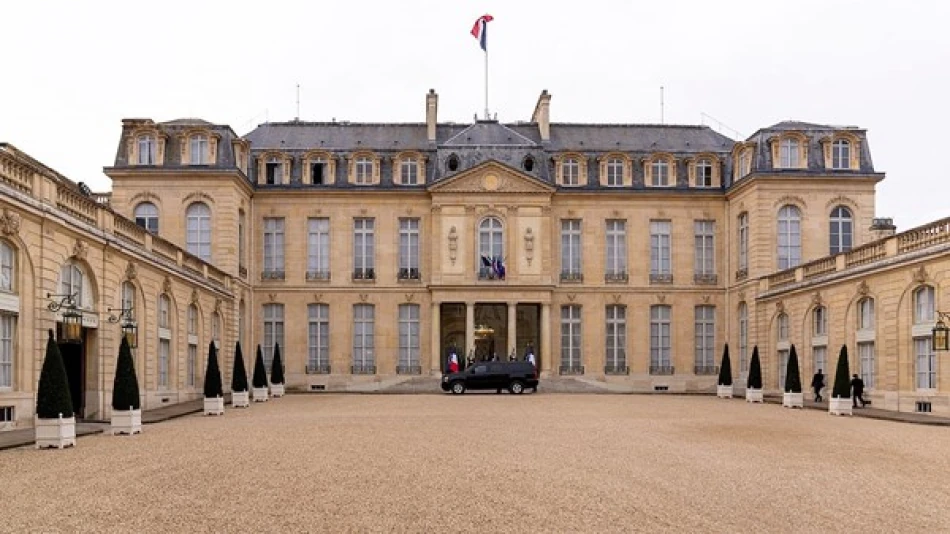
Ukraine Backers 'Willing Coalition' Leaders to Convene Tomorrow
European Leaders Rush to Coordinate Ukraine Strategy as Trump-Putin Summit Reshapes Diplomatic Landscape
France, Germany, and the UK are convening an emergency virtual summit of Ukraine's "coalition of the willing" on Sunday, signaling European concerns about maintaining Western unity on Ukraine policy following Donald Trump's surprise meeting with Vladimir Putin in Alaska. The hastily arranged meeting comes just hours before Ukrainian President Volodymyr Zelensky's critical visit to Washington, highlighting Europe's urgency to present a unified front as diplomatic dynamics shift under the new U.S. administration.
High-Stakes Coordination Amid Changing U.S. Leadership
The virtual summit, scheduled for 1:00 PM GMT Sunday, will be jointly chaired by French President Emmanuel Macron, German Chancellor Friedrich Merz, and British Prime Minister Keir Starmer. According to the Élysée Palace, the meeting aims to prepare for the next phases of Ukraine peace negotiations—a diplomatic euphemism that likely masks deeper concerns about Trump's approach to the conflict.
The timing is no coincidence. European leaders are scrambling to coordinate their position before Zelensky meets with Trump on Monday, particularly after the U.S. president's Friday summit with Putin in Alaska. This sequence of events suggests Europe is working to ensure Zelensky enters his Washington meetings with clear backing from key NATO allies.
Europe's Strategic Dilemma
The emergency nature of this coordination reflects a fundamental shift in transatlantic relations. During Trump's previous presidency, European leaders often found themselves at odds with U.S. foreign policy priorities, particularly regarding Russia. Now, with Trump back in office and having already engaged directly with Putin, European capitals appear determined to maintain influence over Ukraine policy.
This represents a marked departure from the Biden era's multilateral approach, where European and American positions on Ukraine remained largely aligned. The current scramble suggests European leaders fear being sidelined in any potential Trump-Putin negotiations over Ukraine's future.
What This Means for Ukraine's Position
For Ukraine, the European summit provides both opportunity and risk. On one hand, it demonstrates continued European commitment to Ukrainian sovereignty and suggests Zelensky will have backing when he meets Trump. The involvement of three major European powers—representing the EU's largest economy, its military leader, and its key post-Brexit partner—carries significant diplomatic weight.
However, the need for such urgent coordination also reveals underlying Western divisions that Russia could exploit. Putin's willingness to meet Trump so early in his presidency, combined with Europe's reactive scramble, suggests the Kremlin sees opportunities to drive wedges between allies.
Broader Implications for Western Unity
This diplomatic choreography mirrors similar moments during previous geopolitical crises, such as the 2003 Iraq War divisions or the 2015 Iran nuclear deal negotiations. However, the stakes may be higher given Ukraine's ongoing conflict and the precedent that any settlement could set for future territorial disputes.
The real test will come in the days following Zelensky's Washington visit, when it becomes clear whether European coordination efforts succeeded in maintaining Western unity or whether Trump's direct engagement with Putin signals a fundamental shift in U.S.-Russia relations that leaves Europe scrambling to adapt.
Most Viewed News

 Layla Al Mansoori
Layla Al Mansoori






